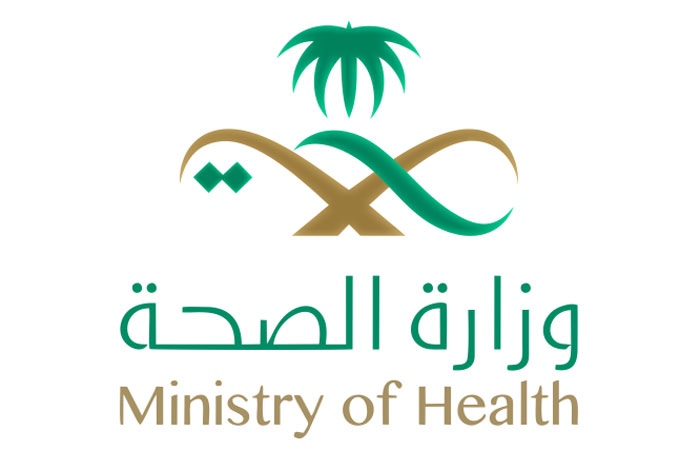Riyadh – Saudi Ministry of Health is leaning towards increasing the use of technology in health care services. The ministry based its decision on scientific studies stating that technology can indeed enhance the level of services granted in the health sector.
Saudi Arabia is working on activating the privatization programs in several vital sectors.
Investors of the health sector are anticipating the increase of incentives which will increase investments in the health care sector in turn. This will lead to an increase in the capacity of receiving patients and create thousands of job opportunities.
According to Asharq Al-Awsat’s information, Saudi Council of Cooperative Health Insurance (CCHI) is launching a series of workshops to help enhance the health services sector.
At the same time, KPMG International and the Nuffield Trust, a charitable trust with a mission to improve healthcare services in the United Kingdom, have recently published a report ‘Digital Health – Heaven or Hell’ that highlights the importance of applying digital technologies in the health services.
The report discusses the fact that health services have been slower than most industries in adopting information technology to increase productivity and quality of services.
According to the report, the use of technology to enhance productivity in the sector has been limited to raising efficiency in some minor transactions, while leaving the vast majority of patient-related activity unchanged.
The report aims for a new approach of doing same things but using digital technology and focuses on predictions about technology’s potential to transform healthcare.
KPMG has examined the successful experiments in certain countries in terms of enhancing productivity and how facilities can apply the digital technology effectively.
The report, which Asharq Al-Awsat newspaper acquired a copy of, has identified seven evidence-based important opportunities together with seven practical lessons to increase productivity through technology.
The report stated that the relationship between patients and caregivers should be reviewed by providing tools for patient engagement and self-management. This can create more meaningful participation of users and more satisfying outcomes while reducing the workload on staff.
In addition, the report reveals that by coordinating care and supporting providers to collaborate more effectively, costs could be lessened.
The report stresses that through the use of technology, resource management can be improved to “plan staff rosters and manage patient flow as well as match capacity to demand and improve scheduling.”
The report also states seven lessons to realize these opportunities. First of all, the report emphasizes that “transformation comes from new ways of working – not the technology itself. A transformation program supported by technology is needed.”
It discusses that the majority of issues faced along the way are problems related to people not technology, that which require sophisticated leadership and change in management capabilities.
The report states that sufficient attention is required for designing the systems. Technologies need to solve the problems faced by people using them, be they patients or professionals, adding that it is crucial to invest in analytics and not just digital systems. “Far too often providers overlook the capabilities to use the data collected – hence the payback is never seen.”
The report concluded that data sharing requires strong information governance and security, particularly in the face of a growing threat from cyber-attacks. “Action is required at all levels to help organizations hold and share data safely.”
Abdullah al-Fozan, Chairman of KPMG Saudi Arabia, said “the Saudi government is fully committed to improving the healthcare sector and has set strategic goals for this purpose, the most important of which are improving efficiency levels and quality of services and optimizing the country’s potential resources.”
Fozan added that: “It is possible to begin examining carefully-studied transformation plans to be implemented on the short run. “
